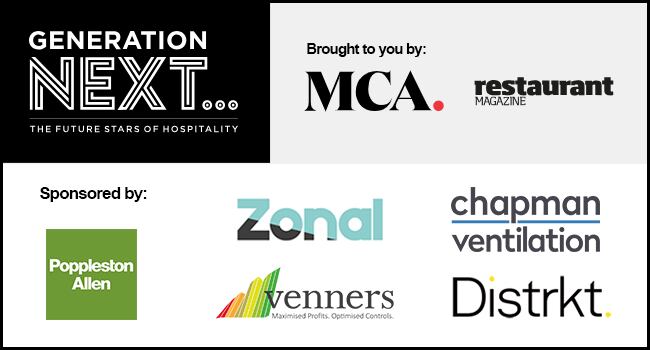1 Have a very clear and simple business plan
I have people who’ve sent me 200-page document that I don’t have the time to go through and the chances are I read the first page and it’s not interesting. So everyone has wasted their time. The first business plan sent should be a two to three-page teaser, a very and concise document. Then you can have a much larger backing document if you spark the investors interest
2 Get the investor excited
Your entire aim is to get the investor excited about the opportunity and then to offer to meet them in person. I’ve had emails from people who say ‘I’ve got a great idea, can we meet for coffee’ and others who ask about the fund. I don’t know what your idea is and there are plenty of other disasters to be dealing with in my day. The other email I often get sent is someone saying ‘I’ve got a great idea, here’s a 10-page non-disclosure agreement, please read through, sign it and send it back’. That’s a lot of work for an idea where I have no idea if it is good or not. Put your idea down on a two or three page teaser, send it across and say you will happily come and meet in person to discuss. Extra tip, always buy the coffee for an investor – it’s a nice touch.
3 Have some proof it works
It is so easy nowadays to go out there and do a pop up, supper club, or street food to get some experience. When I went to see Kricket they were in a 23-seat shipping container in Brixton. You can’t make a huge amount of money from that site, but the guys had a two-hour queue so it was very clear they were doing something special. This makes it so easy from an investment point of view. It makes it a lot easier to make an investment decision if you can see the idea in action.
4 Talk to people
Find people you respect and who have grown businesses and ask if you can meet up with them. Most people will happily go for a coffee and are narcissistic enough to talk about themselves for an hour. But it may just lead to the big opportunity.
5 Do it better than the competition or don’t bother doing it at all
This is a bastardisation of an Elon Musk quote. You cannot be as good as someone else in the market, you have to be doing something better or different. If you’re doing something as good as someone else people are just going to stick with the same brand. I’m not going to go into pizza as there’s nothing I can do better then Pizza Pilgrims. You may challenge me and say well to open a Chinese restaurant isn’t that different (Kym’s in Bloomberg Arcade), there are a few around', but for me there were lots of cheap, low-end takeaways, or your very high end Park Chinois types – in the middle ground there actually isn’t a great deal of competition. There are some good ones in China Town but very cliché lanterns and red dragons – the opportunity was to target that middle ground and do great quality food, accessibly priced in a design-led environment.
6 Don’t give up your job to follow your dreams (until you are ready)
This isn’t Disney, don’t take the plunge until you’re ready for it. You can moonlight, you can try pop-ups you can do all these things in different areas to test your product and find out what works and what doesn’t. I did that with my business when I was at Soho House. I worked nights and weekends on side projects until I had enough stories so I could go out and be credible. If you can’t work the days and nights now, it’s pretty unlikely you’ll make the business work as that’s what needed in the early stages of a business.
7 Get some experience on your team
It’s incredibly important to have someone who’s done this before. I have a couple of mentors from different businesses who I trust. It reinvigorates you and gives you a different perspective on how to grow the business.
8 Ask for the right amount of money
The amount of money Kricket asked for was exactly half of what I ended up putting into the first site. If you are now in the process of raising money for your business, you end up in a really shit negotiating position if you run out of money half way through your build. Get an expert to cost it for you properly.
9 Do your property sums
50% of success is about finding the right property, But you must do the maths on that property. I’ve spoken to a number of people who have loved a property but when you do the basic sums on how much they have to produce it just doesn’t add up.
10 Don’t underestimate design
Design today is almost as important as the food. If you do great food in London now you can probably last two years; people want to go out for an experience and you are there to create content for them, whether it be with Instagram, Facebook or Snapchat. It’s incredibly important.
11 Be accessible
There has got to be a focus on product and it has to be accessibly priced. If you are seen as ripping people off you will only get one visit.
12 Get into bed with the right person
An investment is like a marriage - get into bed with the right partner, not just the richest one. It’s not just about getting the highest possible valuation, the hard works really starts as soon as the money arrives in the bank account and you’re with that person for the next five to seven years. Flirt and meet a lot of different investors and find the right person for you.
Chris Miller is founder of White Rabbit Fund. He was speaking at Restaurant magazine and MCA's Generation Next initiative, a newly-formed club for the rising stars in the hospitality sector. For more information on how to join Generation Next and attend future events, email jo.wattar@wrbm.com


